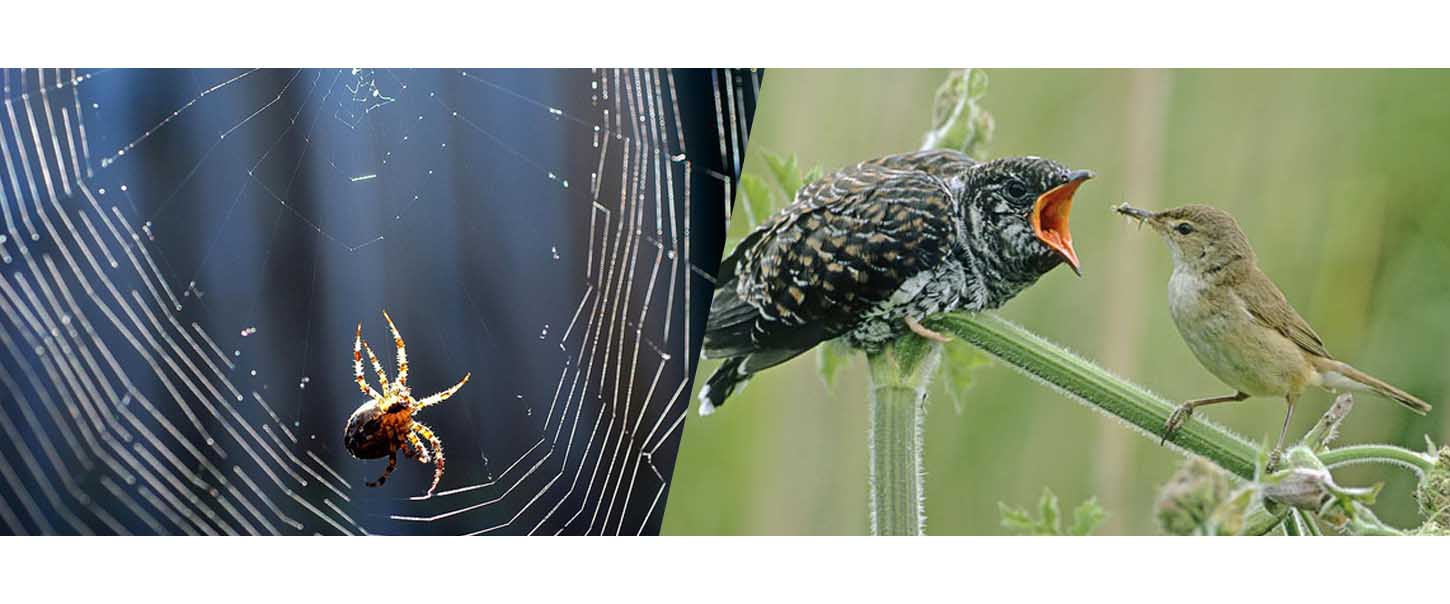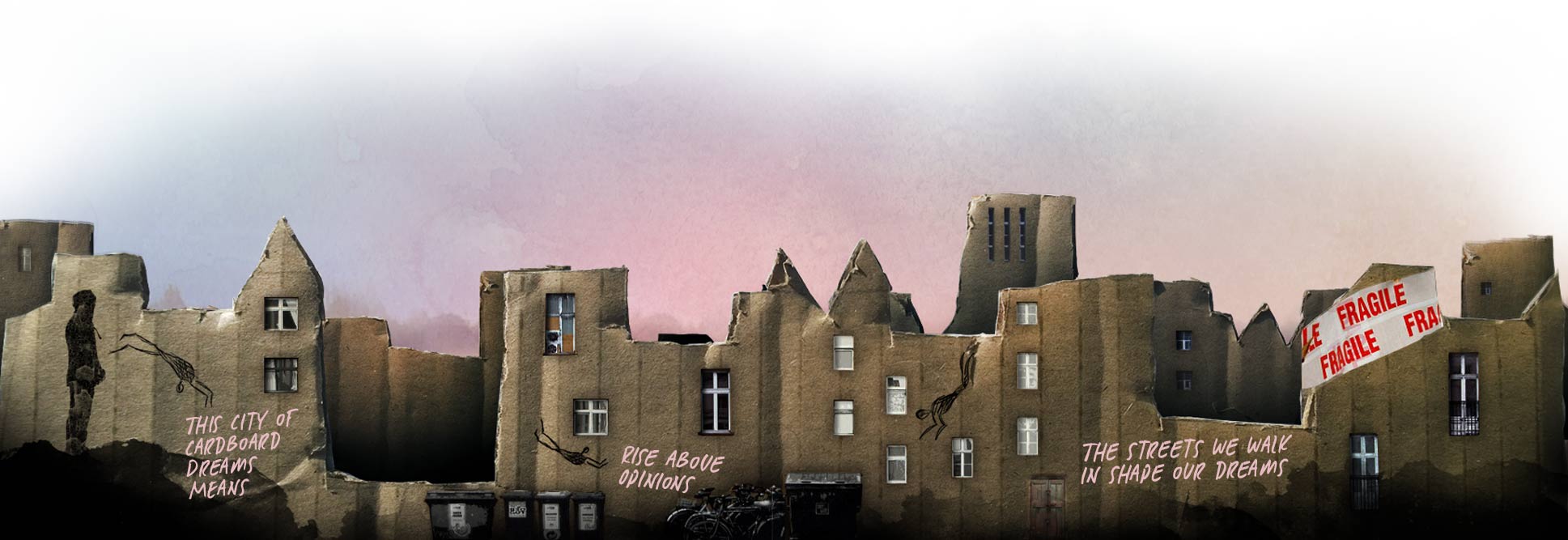Do we inherit knowledge from past generations?
Experiments suggest we may have access to a kind of ‘pooled memory’ – the collective knowledge of our entire species. Rupert Sheldrake shows how the 1-0 facts support his revolutionary theory of heredity
When rabbits breed, they produce more rabbits; goldfish produce goldfish; and seeds from cabbage plants grow into cabbages. Like begets like. The general characteristics of the species are produced again and again, generation after generation; so are particular features of the race or variety, and even individual features that enable us to pick out family resemblances.
These facts are so familiar that we tend to take them for granted. But the more that is found out about the intricate processes by which embryos develop and grow, the more amazing this inheritance of shape and structure becomes.. Even more astonishing is the inheritance of instinct.

Young spiders, for example, spin their webs without having to learn from other spiders how to do it, or what the webs are for.
Among the birds, cuckoos provide a particularly striking example: the young are hatched and reared by foster parents of other species, and never see their true parents or, indeed, any other cuckoos, for the first few weeks of their lives. Towards the end of the summer, adult European cuckoos migrate to their winter habitat in southern Africa. About a month later, the young cuckoos congregate together and then they also migrate to the appropriate region of Africa, where they join the older generation,. They instinctively know that they should migrate, and when to do so; they instinctively recognise other young cuckoos and congregate together; and they instinctively know in which direction to fly and where their destination is.

